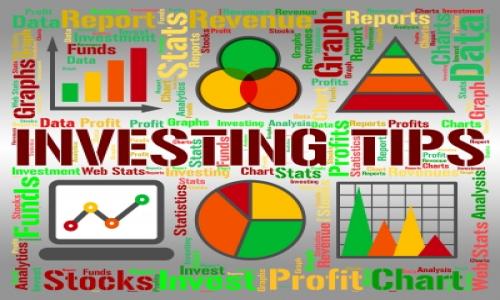There are many thousands of mutual funds, some of them are no load funds and some are not. Many people will tell you to only consider no load funds and not even look at a fund with a load, be it front-end or back-end loads. Taking that stance will limit your choices and there are a lot of great mutual funds that charge a load, or a sales fee.
So why should I pay a load? Before investing one should research both types of funds and pay close attention to returns after the load is factored in. If I am researching bond funds, and I find that by paying and extra three thousand dollars in fees I can net a higher return over no load funds why not take the one making me the most money. If someone offered to give you five thousand dollars for every three thousand you give him, how long would you be doing that kind of transaction? I'd be doing it all day long.
When comparing no load funds to load funds make sure you are comparing apples to apples, and not apples to oranges. In other words don't compare an income and growth fund to a straight growth fund, as they are very different animals. You have to compare each funds returns along with risk, investment objectives, holdings, and fees. Your front loaded income and growth fund will not compare to an aggressive growth fund and they should not be compared. You also need to take a look to see what holdings they have that are creating the growth, or the income, in the fund. You may like a particular growth fund because of the increase in value, but you may not like how they got those numbers. Maybe they have huge positions in Microsoft and that is a stock you do not like. This may completely change how you view a fund and its risks.
Here are some of the fees you may encounter, even in a no load fund.
Purchase Fees: These fees are sometimes charged when you purchase shares in their fund. Similar to a front load, however instead of the fees going to the broker or sales person they are used to defray the funds costs related to the transaction.
Redemption Fees: Redemption fees are charged to shareholders when they redeem their shares. They are not considered sales loads even though they are deducted from the proceeds of the transaction. The fees go directly to the fund rather than to a broker or salesman. Redemption fees are limited to two percent.
Exchange Fees: These are fees that are charged when shareholders transfer from one fund to another within the same fund family.
Account fees: Sometimes charged when a shareholders account dips below the stated minimums.
12b-1 Fees: These fees have been created through the SEC and allow mutual funds to cover some of their marketing costs.
Management fees and operating expenses: These are found in every fund without exception. These fees represent the money paid by the fund to the investment advisor for managing the portfolio. They are not charged directly to the shareholders, rather they are represented in the share price.
Sales Load: This is the fee that goes to the salesperson when you purchase shares in the fund he presents to you. It can be as little as two percent to as much as five percent, and can add up to a pretty big figure in doing a large purchase. Should you pay it? You have to crunch the numbers first to see which fund nets you the highest return.
As you can easily tell, there are many fees associated with owning shares in a mutual fund, even in no load funds. No load funds can still be fairly expensive to own and one should be aware of those fees. In regards to load funds versus no load funds, one must crunch the numbers of like funds to see which ones have the highest net returns. You could be surprised at what you may find.




Add your Comment
or use your BestCashCow account